Filter by
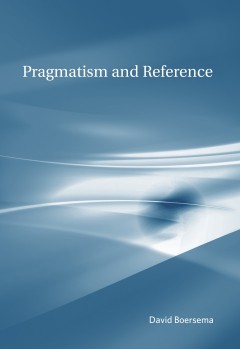
Pragmatism and Reference
Despite a revival of interest in pragmatist philosophy, most work in the analytic philosophy of language ignores insights offered by classical pragmatists & contemporary neopragmatists. This text arues that a pragmatist perspective on reference presents a distinct alternative to the prevailing analytic views on the topic.OCLC-licensed vendor bibliographic record.
- Edition
- -
- ISBN/ISSN
- 9780262268882
- Collation
- 1 online resource (xi, 279 pages)
- Series Title
- -
- Call Number
- -
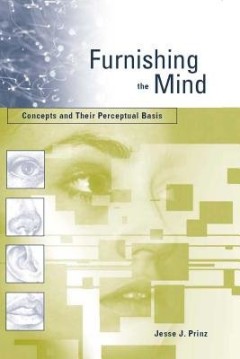
Furnishing the mind : concepts and their perceptual basis
"A Bradford book."Western philosophy has long been divided between empiricists, who argue that human understanding has its basis in experience, and rationalists, who argue that reason is the source of knowledge. A central issue in the debate is the nature of concepts, the internal representations we use to think about the world. The traditional empiricist thesis that concepts are built up from …
- Edition
- -
- ISBN/ISSN
- 9780262281935
- Collation
- 1 online resource (x, 358 pages) :illustrations
- Series Title
- Representation and Mind series
- Call Number
- 100 PRI f
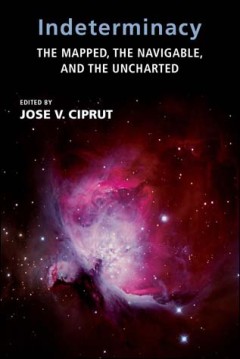
Indeterminacy: The Mapped, the Navigable, and the Uncharted
Interdisciplinary perspectives on the concepts of indeterminacy and indeterminability and the distinctions between the two.Formal thinking about certainty/uncertainty gained greater focus in scientific domains with the advent of particle physics and quantum mechanics. Concern with the exact predictability of events under guidance from scientific determinism led to speculation, then acknowledgem…
- Edition
- -
- ISBN/ISSN
- 9780262270359
- Collation
- 1 online resource (xv, 383 pages) :illustrations, music
- Series Title
- -
- Call Number
- -
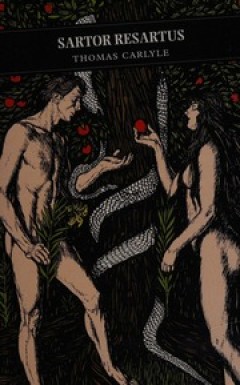
Sartor resartus; the life and opinions of Herr Teufelsdrockh
- Edition
- -
- ISBN/ISSN
- -
- Collation
- 314 p. 19cm
- Series Title
- -
- Call Number
- -
- Edition
- -
- ISBN/ISSN
- -
- Collation
- 314 p. 19cm
- Series Title
- -
- Call Number
- -
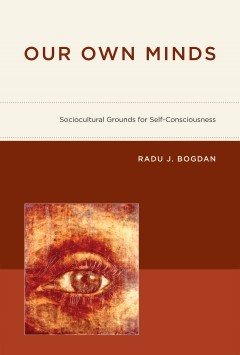
Our Own Minds: Sociocultural Grounds for Self-Consciousness
Here, Radu Bogdan takes a developmental perspective on consciousness and proposes that children's functional capacity for consciousness is assembled during development out of a variety of ontogenetic adaptations that respond mostly to sociocultural challenges specific to distinct stages of childhood.OCLC-licensed vendor bibliographic record.
- Edition
- -
- ISBN/ISSN
- 9780262289214
- Collation
- 1 online resource (xii, 210 pages).
- Series Title
- -
- Call Number
- -
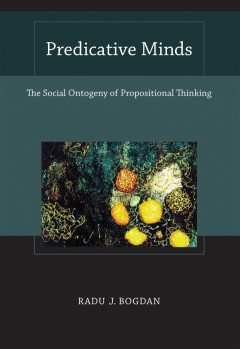
Predicative Minds: The Social Ontogeny of Propositional Thinking
"A Bradford book.""The predicative mind singles out and represents an item in order to attribute to it a property, a relation, an action, an evaluation; it thinks, and says, of a house that it is big, of a car that it is to the left of the house, of a cat that it is about to jump, of a hypothesis that it is plausible. The capacity to predicate appears to be neither innate nor learned, yet it is…
- Edition
- -
- ISBN/ISSN
- 9780262255240
- Collation
- 1 online resource (xix, 156 pages) :illustrations
- Series Title
- -
- Call Number
- -

George Santayana's marginalia: A critical selection
A selection of Santayana's notes in the margins of other authors' works that sheds light on his thought, art, and life. In his essay "Imagination," George Santayana writes, "There are books in which the footnotes, or the comments scrawled by some reader's hand in the margins, may be more interesting than the text." Santayana himself was an inveterate maker of notes in the margins of his books, …
- Edition
- -
- ISBN/ISSN
- 9780262298421
- Collation
- 1 online resource (1 volume (various pagings)).
- Series Title
- -
- Call Number
- -

George Santayana's marginalia: A critical selection
A selection of Santayana's notes in the margins of other authors' works that sheds light on his thought, art, and life. In his essay "Imagination," George Santayana writes, "There are books in which the footnotes, or the comments scrawled by some reader's hand in the margins, may be more interesting than the text." Santayana himself was an inveterate maker of notes in the margins of his books, …
- Edition
- -
- ISBN/ISSN
- 9780262298414
- Collation
- 1 online resource (xxvii, 495 pages).
- Series Title
- -
- Call Number
- -

Addiction and responsibility
This volume offers a range of perspectives on addiction and responsibility and how the two are bound together. Distinguished contributors dicuss questions concerning whether or not we are responsible for our own addictions and what responsibilities others have to help.OCLC-licensed vendor bibliographic record.
- Edition
- -
- ISBN/ISSN
- 9780262295635
- Collation
- 1 online resource (xii, 306 pages) :illustrations.
- Series Title
- -
- Call Number
- -
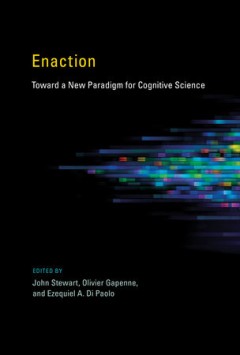
Enaction: Toward a new paradigm for cognitive science
"A Bradford book.""Based on an International CNRS Summer School organized by the Association pour la Recherche Cognitive (ARC), held from 29 May to 03 June 2006, Ile d'Ol?eron, France"--Text.This book presents the framework for a new, comprehensive approach to cognitive science. The proposed paradigm, enaction, offers an alternative to cognitive science's classical, first-generation Computation…
- Edition
- -
- ISBN/ISSN
- 9780262289795
- Collation
- 1 online resource (xvii, 463 pages) :illustrations
- Series Title
- -
- Call Number
- -
 Computer Science, Information & General Works
Computer Science, Information & General Works  Philosophy & Psychology
Philosophy & Psychology  Religion
Religion  Social Sciences
Social Sciences  Language
Language  Pure Science
Pure Science  Applied Sciences
Applied Sciences  Art & Recreation
Art & Recreation  Literature
Literature  History & Geography
History & Geography